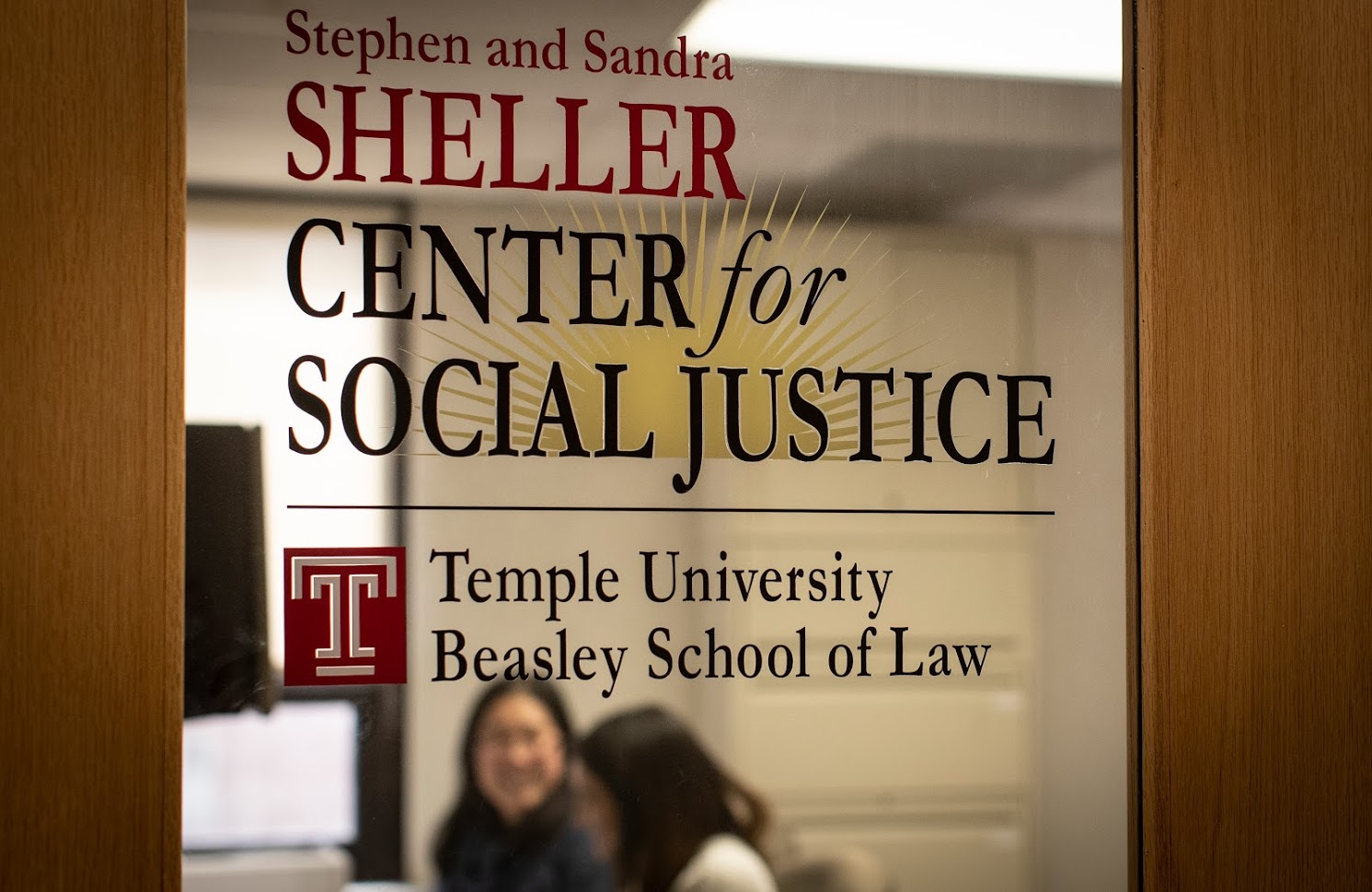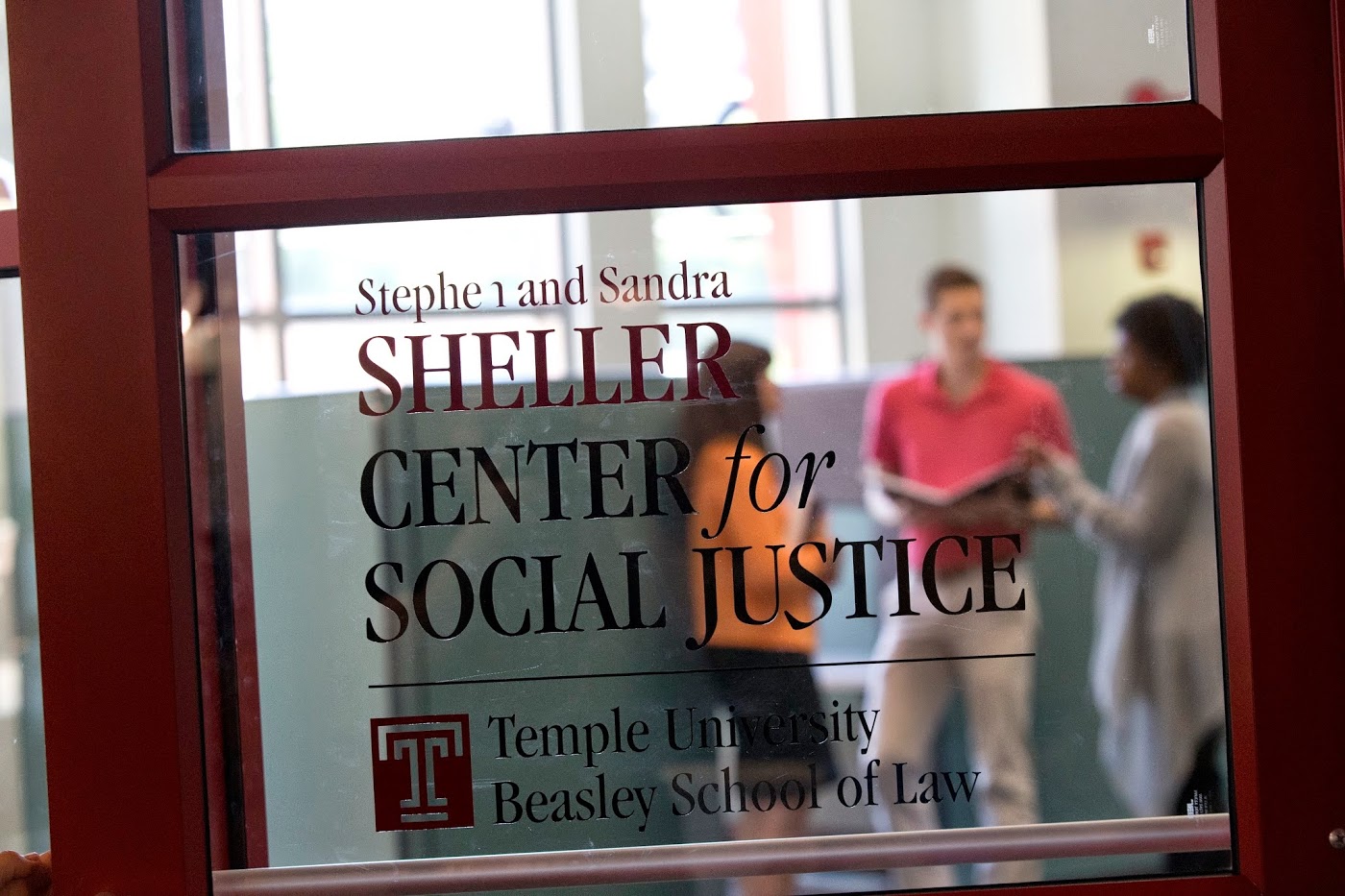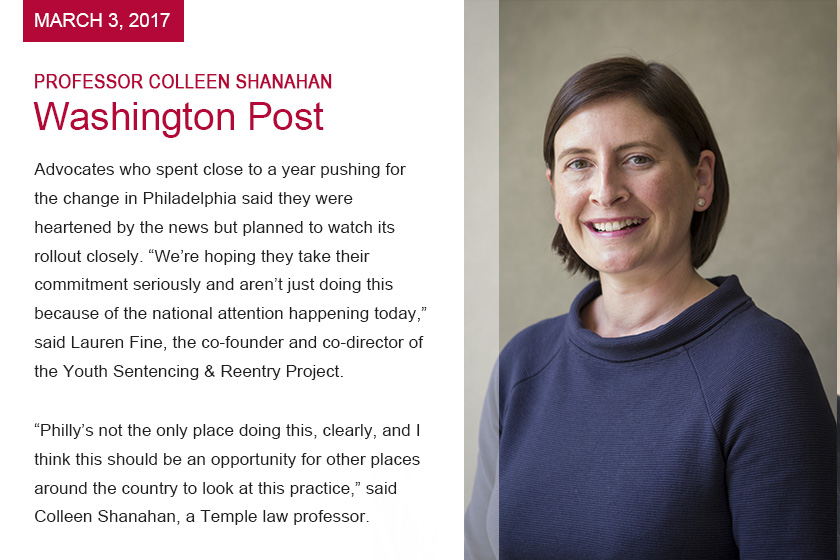Sheller Center Students File Tort Claims for Families Separated at the Border
The Trump administration has engaged in a policy of family separation, which it ramped up in 2018. Under that policy, families apprehended for crossing the border outside of a port of entry were forcibly separated. Parents were placed in adult detention while their children were sent to shelters for unaccompanied minors. They were frequently subjected to cruel conditions of confinement, including overcrowding and the inability to obtain adequate nutrition, hygiene, medical care or mental health services. Notably, the administration expressly announced its family separation policy as a tactic to deter Central American migrants from seeking safety in the United States. In these facilities, parents and children endured weeks or even months without contact with one another. Parents and their children did not know when or if they would be reunited because immigration officials would not provide any information. The separation of parents from their children has predictably caused significant and long-lasting trauma to these families who had sought refuge in the United States. Through the Sheller Center for Social Justice, we represented eight families in …






